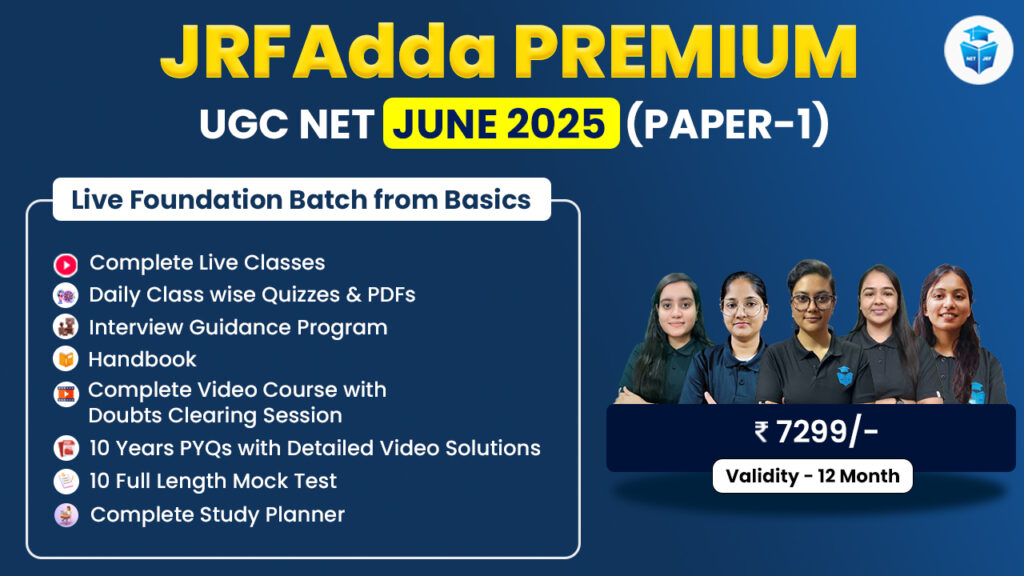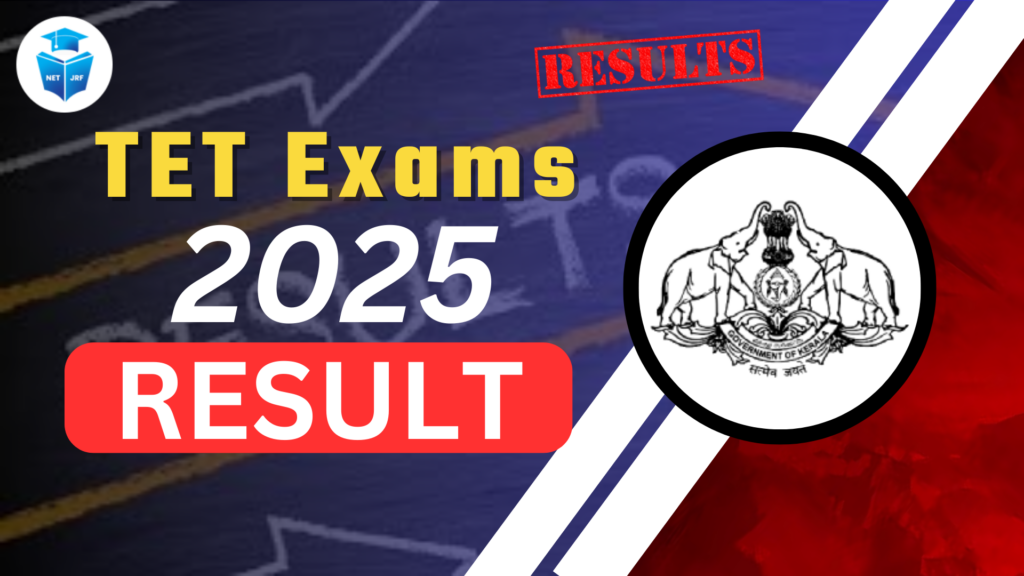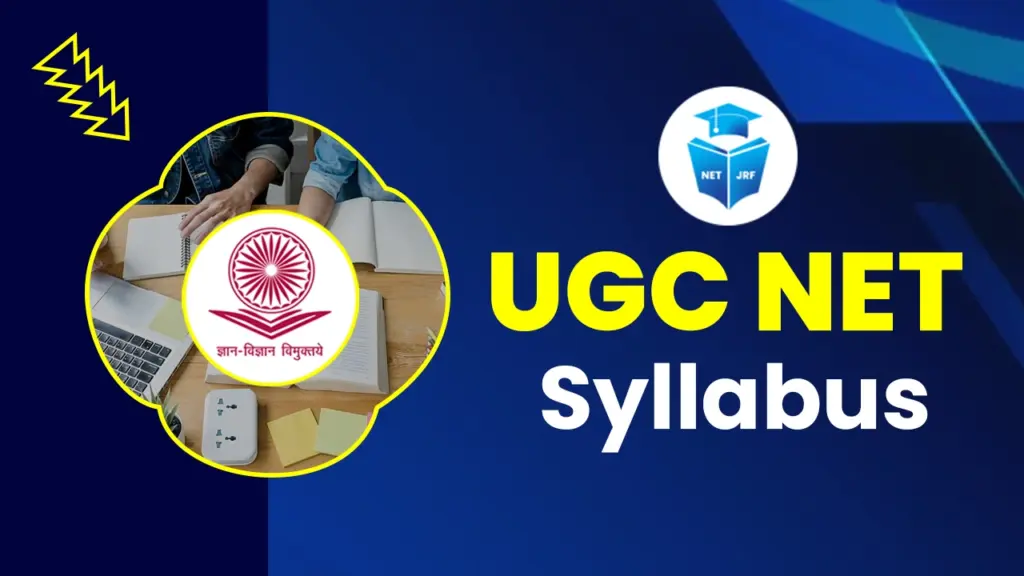Information and Communication Technology (ICT) has revolutionized research in numerous ways. It involves the use of digital tools, technologies, and software to manage, process, and share information, playing a vital role in every step of the research process. This article explores the various applications of ICT in research, from data collection to publication, focusing on its significance for UGC NET aspirants and researchers.
Role of ICT in Research for UGC NET: Transforming Data Collection and Analysis
ICT tools simplify the research process, making it easier for researchers to gather and analyze data. Here’s how:
Tools for Data Collection and Analysis (e.g., SPSS, NVivo)
- Data Collection: ICT has greatly improved how researchers collect data. Instead of manually searching libraries, researchers can now access a vast amount of information online. Tools like Google Forms and SurveyMonkey allow researchers to collect data from participants efficiently.
- Data Analysis: For analyzing the collected data, ICT offers powerful tools that assist researchers in both quantitative and qualitative analysis. Here’s a comparison of popular tools:
| ICT Tool for Quantitative Data | ICT Tool for Qualitative Data |
| SPSS (Statistical Package for Social Sciences) | NVivo (for analyzing text data) |
| R Studio | ATLAS.ti (for qualitative research) |
| Minitab | QDA Miner (data analysis software) |
| Microsoft Excel | MAXQDA (data analysis and coding tool) |
Quantitative data analysis can involve methods like t-tests, ANOVA, and regression analysis, while qualitative analysis includes content analysis, coding, and thematic interpretation. These ICT tools ensure precise and accurate results, saving valuable time.
Accessing Online Databases and Repositories
ICT also enhances access to a wide range of online databases and repositories, making it easier for researchers to find relevant research papers, theses, and articles. Popular platforms include:
- Google Scholar
- PubMed (for medical research)
- SSRN (Social Science Research Network)
- Shodhganga (for Indian research papers) These platforms allow researchers to search for and access a wealth of academic resources instantly, which is essential for UGC NET preparation.
ICT Tools for Research Collaboration in UGC NET Research
Collaboration is key in research, and ICT provides various tools for researchers to work together efficiently, no matter where they are located.
Cloud-Based Platforms (e.g., Google Scholar, Mendeley)
Cloud-based tools enable researchers to collaborate in real-time, share resources, and store data securely. Here are some tools to consider:
- Google Scholar: A search engine for scholarly literature, useful for researchers looking to explore academic papers, theses, and articles.
- Mendeley: A reference management tool that helps organize research, store references, and share notes. It simplifies citation generation and helps researchers keep track of literature efficiently.
Virtual Research Environments
- ResearchGate and Academia.edu are platforms where researchers can connect with other scholars, share research ideas, and discuss ongoing projects. These platforms foster collaboration and allow for networking, making it easier for UGC NET aspirants to engage with the academic community.
Online Publication and Dissemination: Enhancing Research Visibility for UGC NET
Once the research is completed, dissemination of findings is crucial. ICT has changed how research is published and shared with the world, making it faster and more accessible.
E-Journals and Open-Access Platforms
Online journals and open-access platforms have transformed the way research is shared. Some platforms where researchers can publish their work include:
- Google Scholar: An essential tool for finding and publishing academic research.
- Elsevier, Springer, and Wiley: Popular publishers for academic journals, offering a variety of research articles across disciplines.
- Open-access journals: These provide free access to research findings, ensuring that studies reach a wider audience, including UGC NET aspirants who are looking for accessible resources.
The transition to digital platforms has made research more accessible and less time-consuming, benefiting both researchers and those preparing for exams like UGC NET.
Conclusion
ICT is an indispensable part of modern research. For UGC NET aspirants, mastering the use of ICT tools can enhance the research process, from data collection to publication. Whether it’s using Mendeley for organizing literature or SPSS for data analysis, ICT empowers researchers to be more efficient, accurate, and connected in their work. By leveraging these tools, researchers can stay up-to-date with the latest trends, collaborate effectively, and ensure their research is published and accessible to a global audience.














